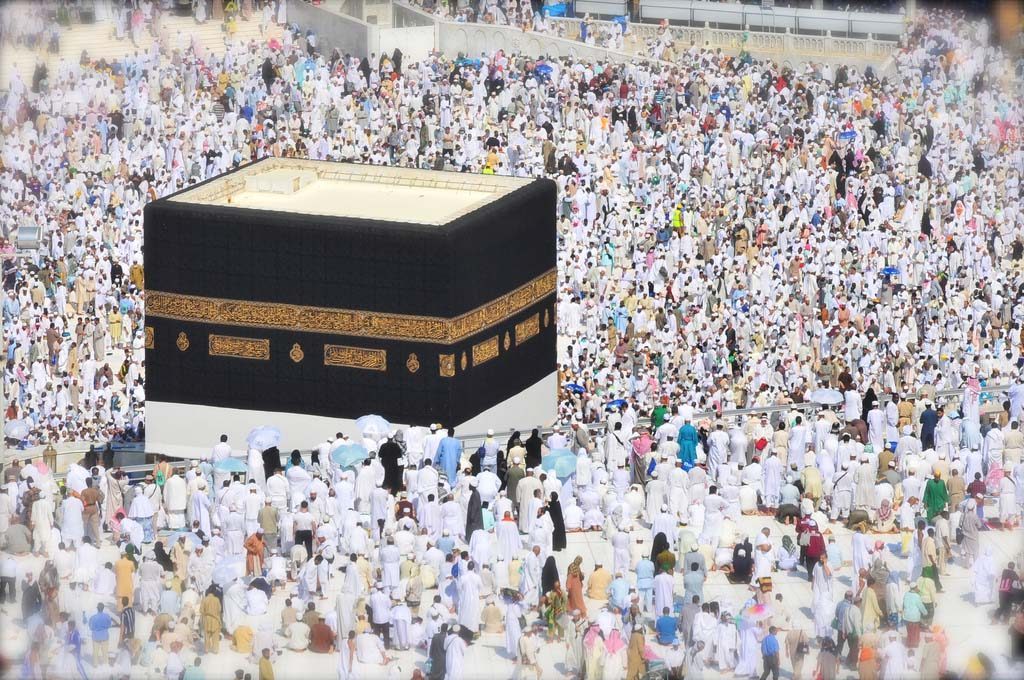The pilgrimage season is expected to begin around 26 June.
Qatar and Saudi Arabia discussed developing cooperation in Hajj and Umrah on Wednesday, almost a month before the beginning of the pilgrimage season.
The discussions took place during a meeting between Qatar’s Minister of Endowments and Islamic Affairs (Awqaf) Ghanem Al Ghanem and Saudi Arabia’s Minister of Hajj and Umrah Tawfiq Al Rabiah, in Doha.
“During the meeting, they discussed arrangements for Hajj and Umrah, aspects of cooperation in the issues of the Hajj and Umrah, and ways to support and develop them,” Qatar’s state news agency reported.
The meeting comes ahead of the annual Hajj, or pilgrimage, season, which is expected to begin on 26 June.
Last week, Awqaf announced an official list of 18 accredited tour operators for the upcoming 2023 season on its website. The website also offers details such as contact numbers and the types of accommodation provided by each tour operator.
In March, the Department of Hajj and Umrah Affairs said it had completed the electronic screening process for candidates for the pilgrimage this year.
The department gave priority to Qataris and residents who have not previously performed Hajj, the elderly and those whose applications were not approved in the past.
Per new regulations announced by Saudi Arabia earlier this year, those who wish to perform Hajj must have completed both doses of the Covid-19 vaccination.
All pilgrims must state the dates of their first and second vaccinations and include documentation of their immunisations as part of their application.
Pilgrims must also be vaccinated against meningococcal disease and should receive the seasonal influenza shot, according to the guidelines issued by the ministry.
Hajj is part of the five pillars of Islam and is not obligatory unless one has the financial and physical capabilities to perform it. It is required to be completed only once during a Muslim’s lifetime.







